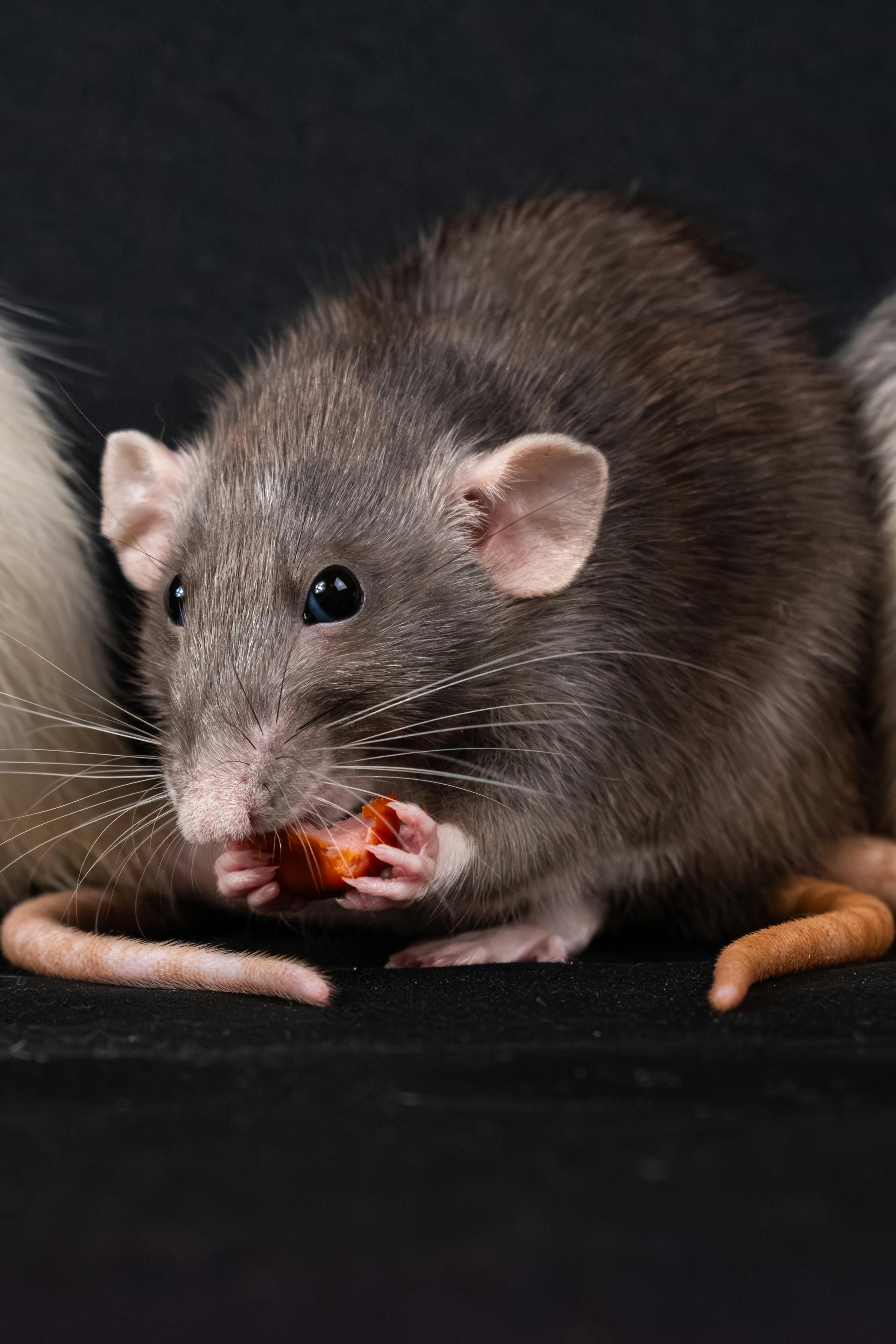How To Care For Your Rodent's Feet: A Guide

How To Care For Your Rodent's Feet: A Guide
Caring for your pet includes more than feeding them right and giving them love; it involves looking after all aspects of their health, including their tiny feet! rodents like hamsters, guinea pigs, and rabbits have delicate feet that require proper maintenance to prevent health issues. In this guide, we'll explore practical tips on how to care for your rodent's feet, ensuring they stay healthy and happy.
Understanding Rodent Foot Health
Unlike cats and dogs, many small rodents have very sensitive feet that lack protective padding. This makes them prone to injuries and other foot-related complications. Knowing the signs of unhealthy feet in your pet rodent can save them from discomfort and possible infections. Common signs include swelling, excessive licking, reluctance to move, and changes in skin texture or color.
Regular Habitat Maintenance
One of the key aspects of foot care is maintaining a clean and safe living environment. Bedding should be soft and absorbent, changed regularly to prevent the buildup of moisture and bacteria that could harm their feet. Avoid using rough materials like wood shavings, as these can damage their delicate skin.
Proper Bedding and Flooring
Choosing the right bedding is crucial for your rodent's foot health. Soft paper or aspen bedding are good choices—they are both gentle on feet and good at absorbing moisture. Steer clear of cedar or pine shavings; the oils contained in these woods can be irritating or even toxic to small animals.
Daily Foot Checks and Grooming
Make it a routine to check your rodent's feet daily for any signs of injury or illness. This examination should include looking for cuts, sores, or any signs of infection like redness or swelling. Gently clean their feet with a damp cloth if they appear dirty. Additionally, long-haired breeds like some guinea pigs may require regular hair trims around their feet to prevent tangling and accumulation of dirt.
Exercise and Activity
Exercise is not just good for your rodent's overall health but also crucial for maintaining healthy feet. Ensure they have enough space to move around freely. Exercise wheels or balls should be checked for proper construction with smooth surfaces to prevent injuries. Always supervise your pet during playtime, especially when they are outside their cage, to avoid accidents.
Professional Care
If you notice any serious issues during your daily foot checks, such as open wounds or persistent signs of infection, it is important to consult a veterinarian who specializes in small animals. They can provide professional advice and treatment to prevent further complications.
Overall, caring for your rodent's feet requires attention and regular maintenance. By following these tips, you can ensure that your furry friend remains active and healthy. Remember, a little precaution goes a long way in preventing serious health issues.